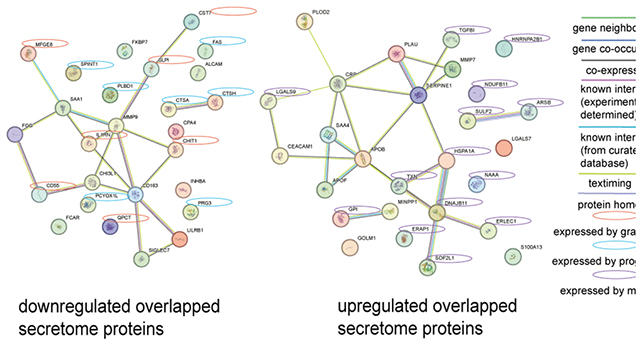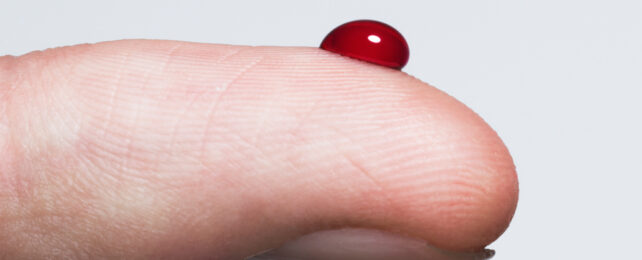The idea of taking blood from the young to rejuvenate the elderly is getting an increasing amount of attention from scientists, and a new study has shown how some of the youthful properties of our skin can be restored with this kind of blood swap.
A special 3D human skin model was set up in the lab by researchers, who then tested the effects of young blood serum on the skin cells. By itself, the serum had no effect, but when bone marrow cells were added to the experiment, anti-aging signals were detected in the skin.
It appears that the young blood serum interacts with the bone marrow cells in specific ways to roll back time in skin cells. The study was led by scientists from Beiersdorf AG, a skin care company in Germany, who say their findings have huge potential in helping us understand anti-aging mechanisms.
Related: Scientists Connected Old Mice to Young Mice, And It Rejuvenated Them
"The skin, as our largest organ, is a valuable tissue to investigate aging, as first signs of aging are mostly visible, and it reflects the overall human health," write the researchers in their published paper.
The researchers measured DNA methylation and cell proliferation to estimate the biological age of the skin tissue, when treated with either young or aged human serum and bone marrow cells. Sure enough, the young serum seemed to reduce the biological age of the skin.
Other biomarkers of more youthful skin included increased metabolic activity and cell division.

Further analysis identified 55 different proteins that were being produced by the bone marrow in response to the young blood, seven of which are known to be linked to processes important to youthful skin, like cell renewal and collagen production.
These proteins could be key to understanding the effects of the young blood and bone marrow, though there's plenty of work to do yet. Researchers need to get this tested in living humans, not just isolated cells in the lab.
"We identified several proteins that might be responsible factors to rejuvenate the skin in our system," write the researchers.
"Future studies are needed to further validate our identified proteins in the context of systemic skin rejuvenation and aging."
The concept of blood having the power to extend life and restore youth has been around for centuries, inspiring the first vampire tales, but there's an increasing amount of evidence that it could have actual scientific potential.
Multiple studies have shown that some of the wear and tear that comes with getting older may not be a one-way street: we might be able to reprogram the body in various ways that slow down aging or even reverse it.
With the global population getting older and older, we're living longer than ever before, on average – and our bodies aren't necessarily built to stay in good shape for that long. What research like this does is point towards strategies for staying healthier later into life, keeping illness and disease at bay for longer.
"Aging is a complex process that significantly contributes to age-related diseases and poses significant challenges for effective interventions, with few holistic anti-aging approaches successfully reversing its signs," write the researchers.
The research has been published in Aging.
